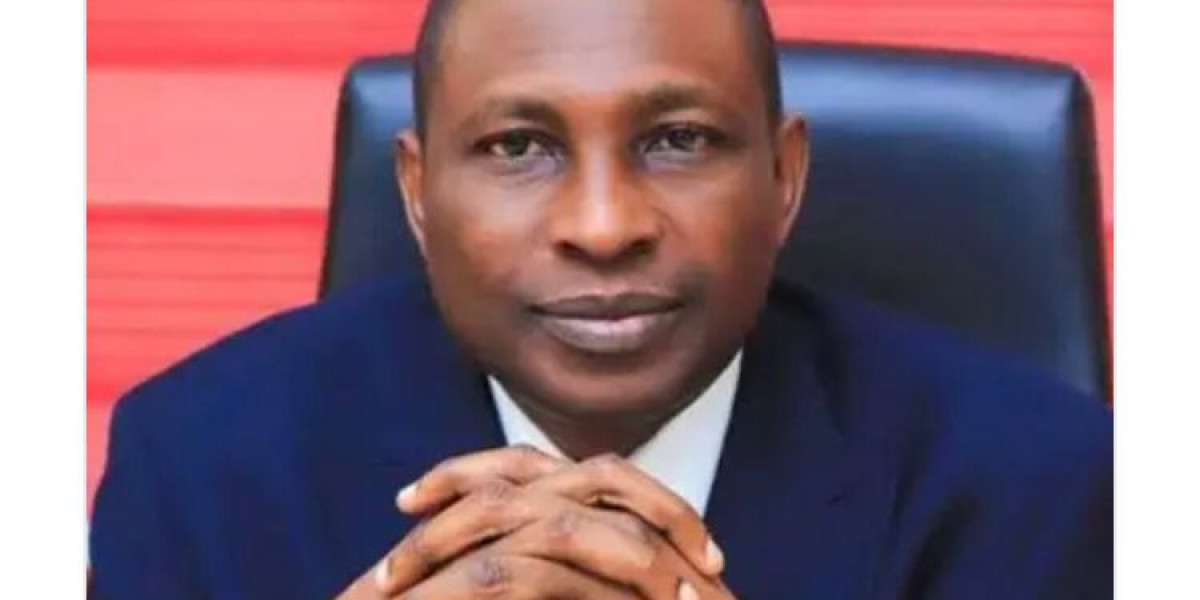The arguments for and against the appointment of Ola Olukoyede as the chairman of the Economic and Financial Crimes Commission (EFCC) are discussed, along with the implications of the Senate's confirmation of his appointment while a court case was ongoing. The Senate confirmed Olukoyede's appointment, along with Muhammad Hammajoda as the secretary of the anti-graft agency, despite the controversy surrounding Olukoyede's qualifications and the ongoing court case.
The appointment of Olukoyede as EFCC chairman was announced by the Presidency, and he has extensive experience in the operations of the EFCC, having previously served as Chief of Staff and Secretary to the Commission. However, the legal community has been unsettled by his appointment, with some claiming that he does not meet the requirements of the EFCC Act. They argue that Olukoyede lacks the necessary years of cognate experience in law enforcement and did not hold a position in a security or law enforcement agency as required by the Act.
Lawyers such as Daniel Bwala and Abdul Mahmud have criticized Olukoyede's appointment, stating that it violates the provisions of the EFCC Act. Bwala argues that Olukoyede's appointment is unlawful and illegal, while Mahmud questions his years of experience and claims that the previous EFCC chairman, Ibrahim Magu, was not allowed to resign when Olukoyede was appointed.
Another issue raised is the need for the EFCC chairmanship to reflect federal character, as mandated by the Federal Character Commission Act and Section 14 of the constitution. Some argue that a southerner should have been appointed to balance the representation.
The Presidency, however, dismisses these arguments and asserts that Olukoyede's appointment is in compliance with the EFCC Act. They argue that his previous roles within the EFCC and his years of experience make him eligible for the position. Supporters of the appointment, such as Osita Okechukwu, view it as a game-changing event and urge critics to give Olukoyede a chance to prove himself.
Amidst the ongoing debate, lawyer Stanley Okwara has filed a lawsuit challenging the constitutionality of Olukoyede's appointment. The court has granted leave for the newly appointed chairman and secretary of the EFCC to be joined in the suit, and the hearing is scheduled for October 30. However, before the court's decision, the Senate confirmed Olukoyede's appointment, leading to further controversy and potential conflict between the legislature and the judiciary.
The court's interpretation of the relevant laws and provisions will be crucial in determining the legality of Olukoyede's appointment and resolving the controversy surrounding the matter. The hope is that the court's decision will provide clarity and finality to Olukoyede's fate as EFCC chairman.
Naijamatta is a social networking site,
download Naijamatta from Google play store or visit www.naijamatta.com to register. You can post, comment, do voice and video call, join and open group, go live etc. Join Naijamatta family, the Green app.
Click To Download


